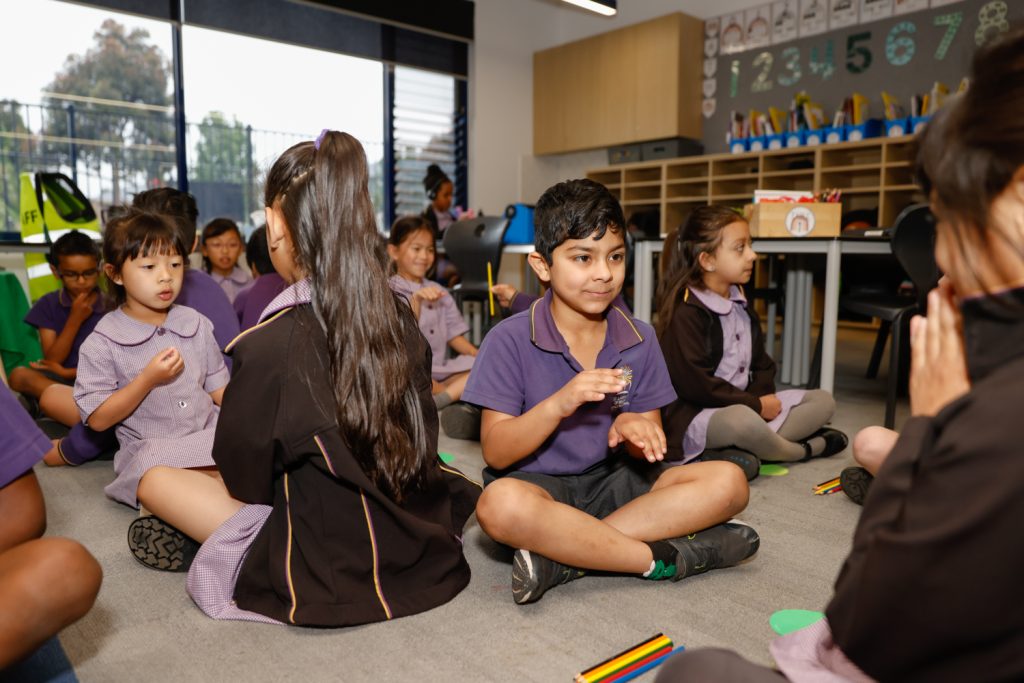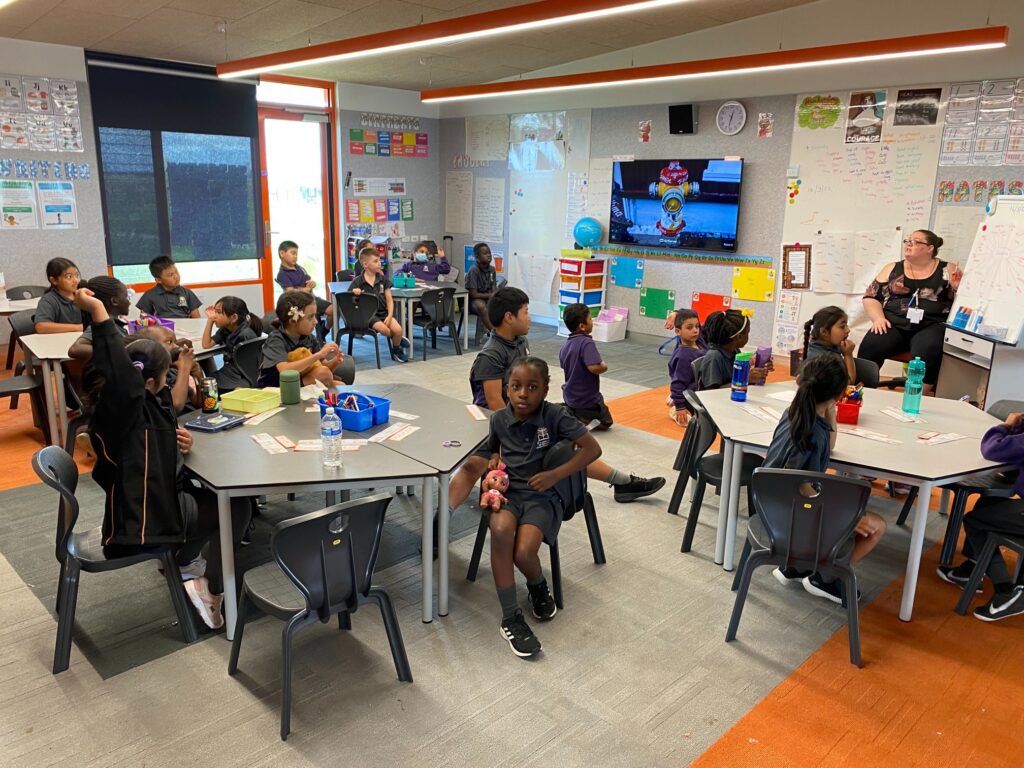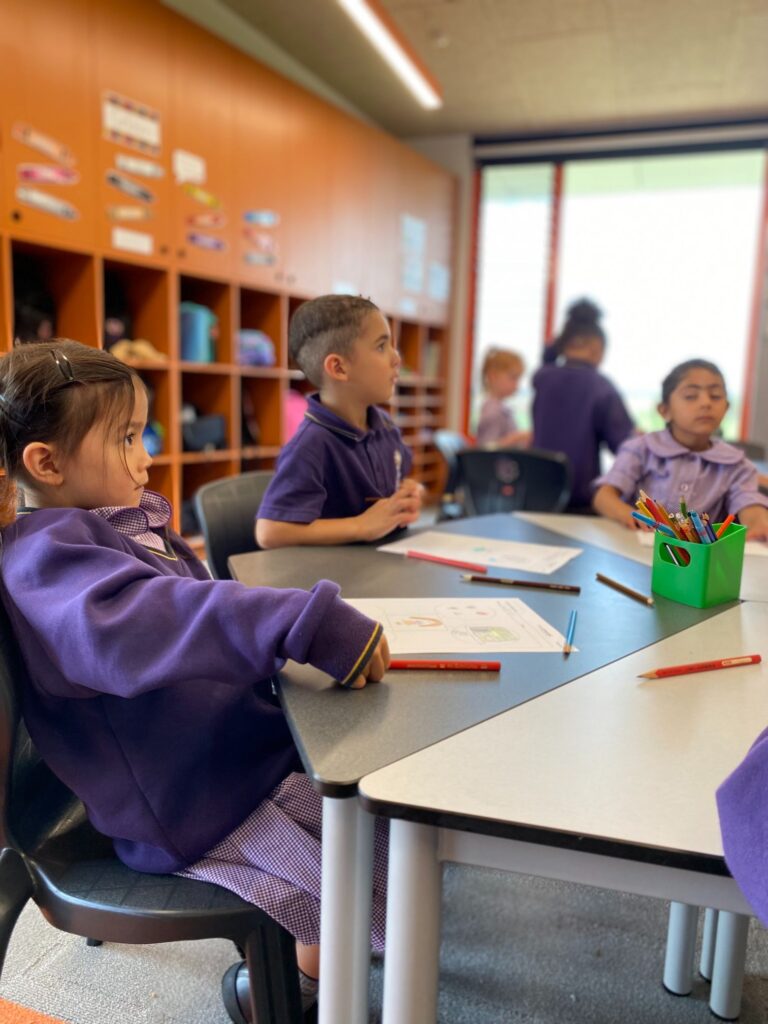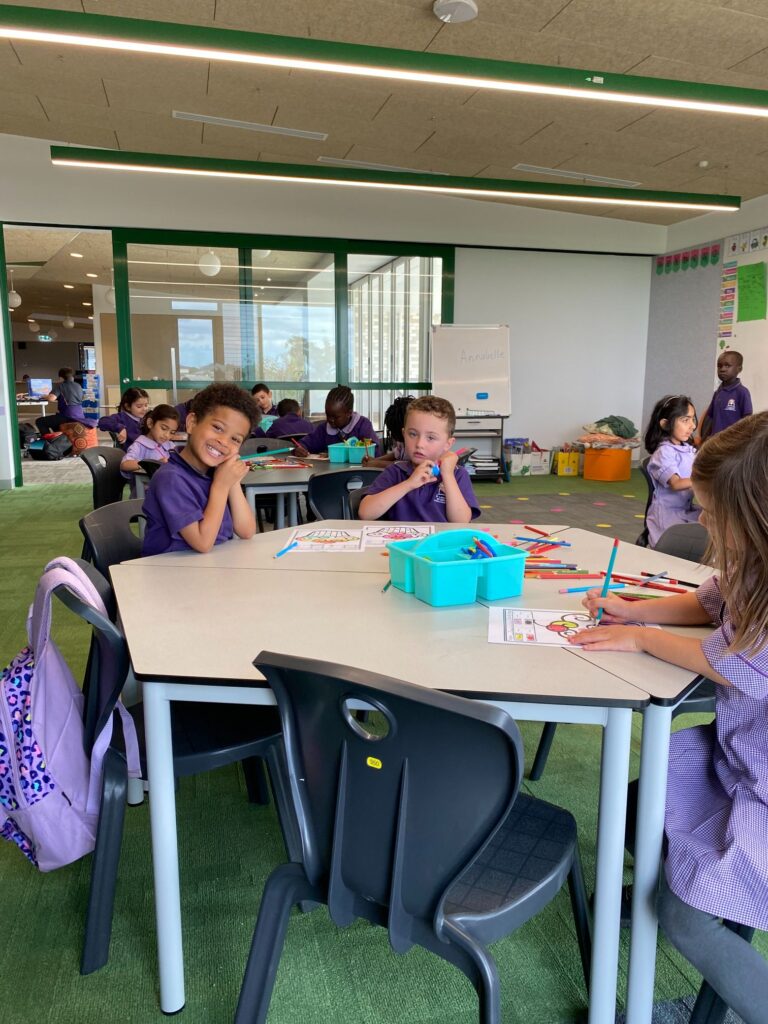At St Lawrence of Brindisi, we place a focus on embedding a culture developed around our central pillar, ‘A Community Called to Learn’.
We strive to nurture a love of learning, providing opportunities for our children to wonder, to be creative, to problem-solve and take risks in their learning. We understand that it is critical to develop young people who are literate and numerate, however, we must also ensure that children are actively engaged and empowered in their learning. We appreciate that this learning journey is different for every child, because every child is unique.
This reflects a key truth in our Catholic identity; that every child is a gift from God. Every child is blessed with a unique blend of interests, gifts, and experiences. Our responsibility as educators, is to recognise and celebrate student individuality and enable every child to flourish.
Our educational culture is based on the belief that every child can learn and be successful. Like all schools in Victoria, we cover the content prescribed in the Victorian Curriculum, which defines what every child should learn between Foundation (Prep) and Year 10. Our goal in implementing the Victorian curriculum is to ensure that a child’s learning is specifically targeted to meet their individual needs. This reflects our flexible learning culture and recognises that children learn in different ways. Our teachers work collaboratively to plan for student learning, informed by a range of data sources to ensure that they identify, monitor, and track the progress of every student, providing targeted support if required.
The learning culture at St Lawrence is developed around three ‘gateways’:
- Dynamic Learning: We plan learning experiences that are engaging and stimulating, actively encouraging students to develop self-responsibility and have an active voice in their learning. Student learning seeks to challenge and empower children to wonder, reflect and to be creative.
- Dynamic Support of Others: All children are given the opportunity to be successful. We understand that wellbeing is key to developing successful learners and there are times when children will need additional support to engage with their When this is required, this is provided in a targeted and timely manner.
- Dynamic Engagement with Our Environment: Learning can happen in many different contexts, not only in the classroom. Learning will have greater purpose if it accounts for our context and enables children to engage productively with their local community. Our learning culture empowers children to become productive, responsible global citizens and learn the importance of being stewards of God’s creation.





